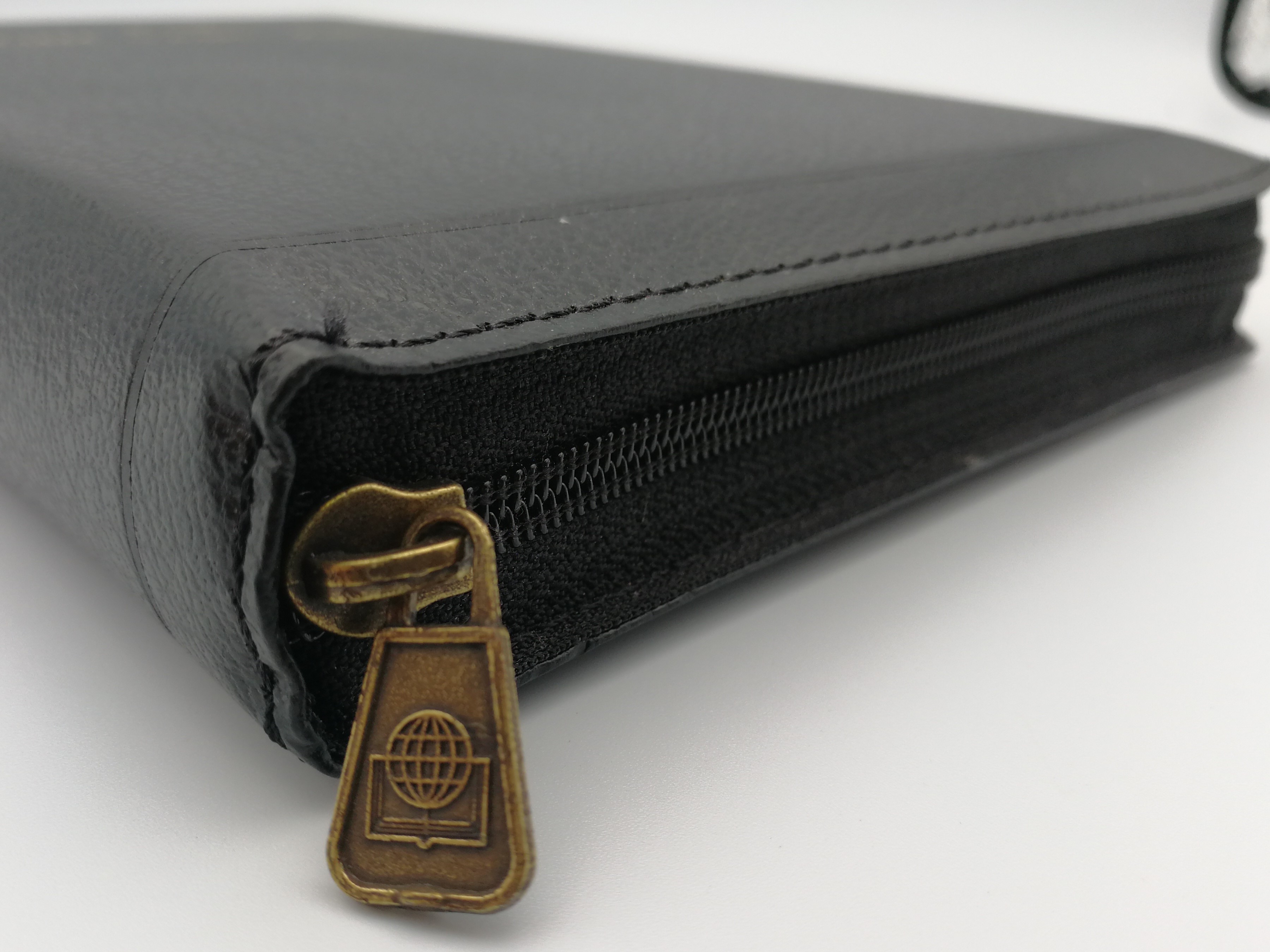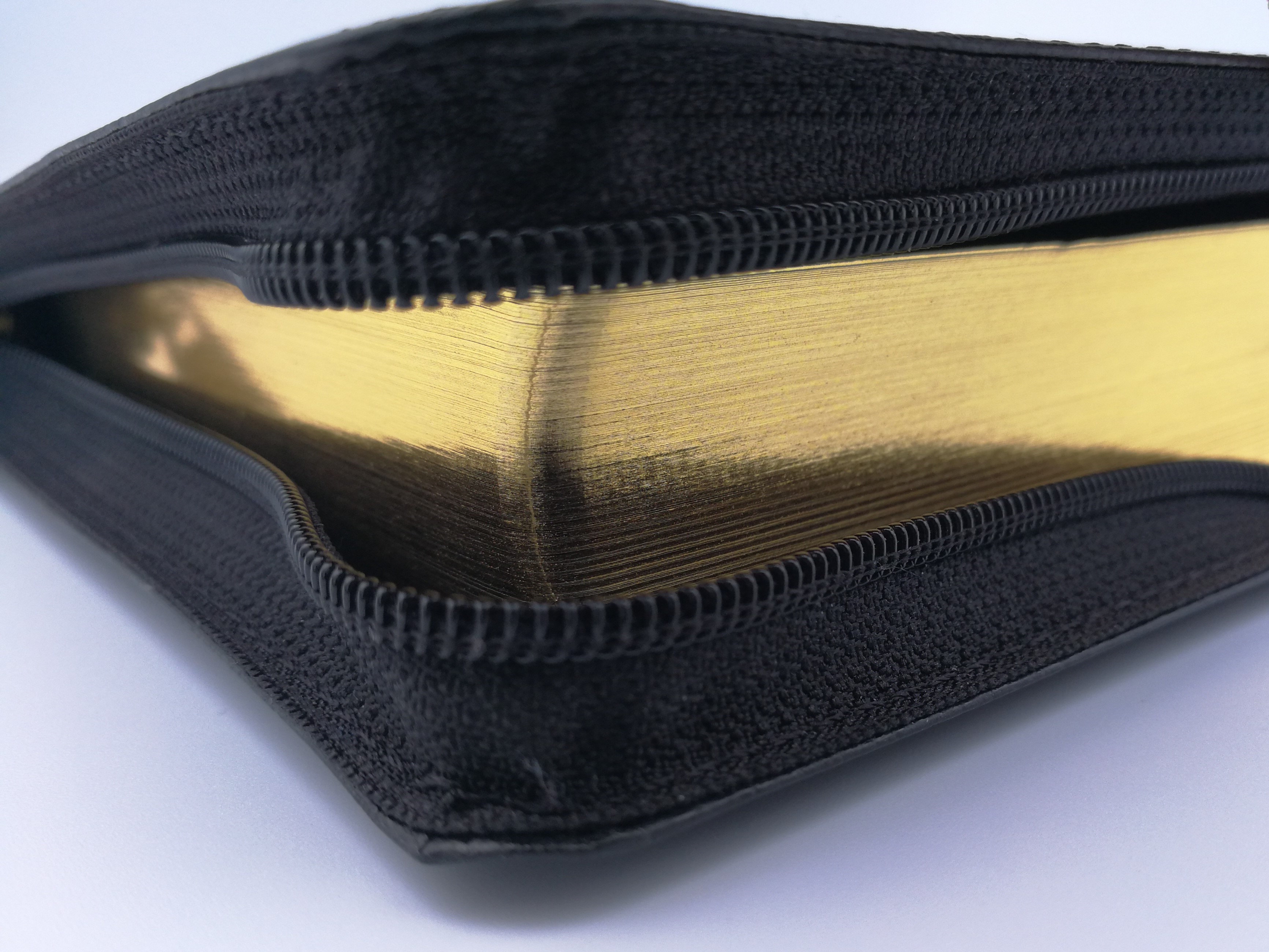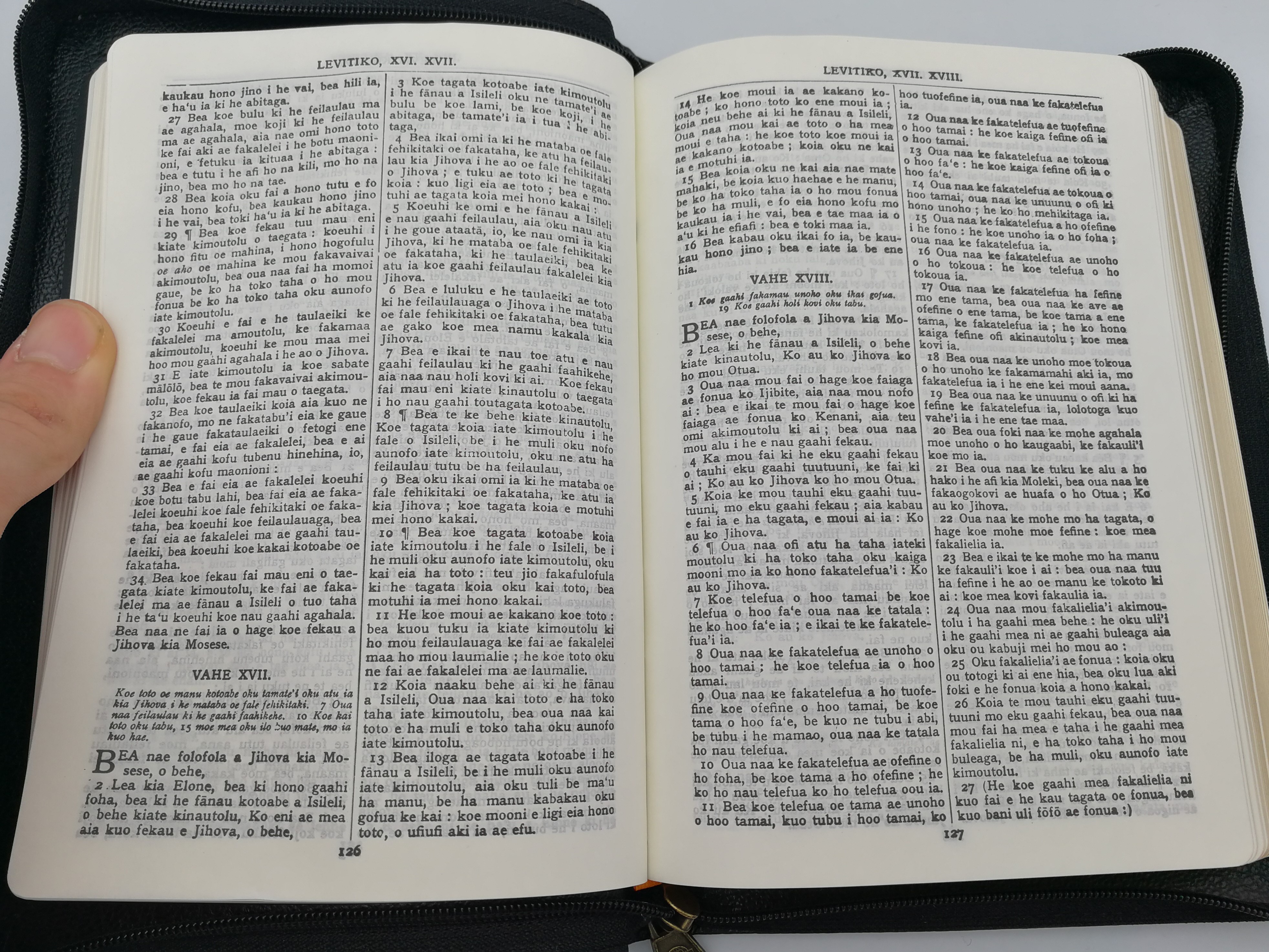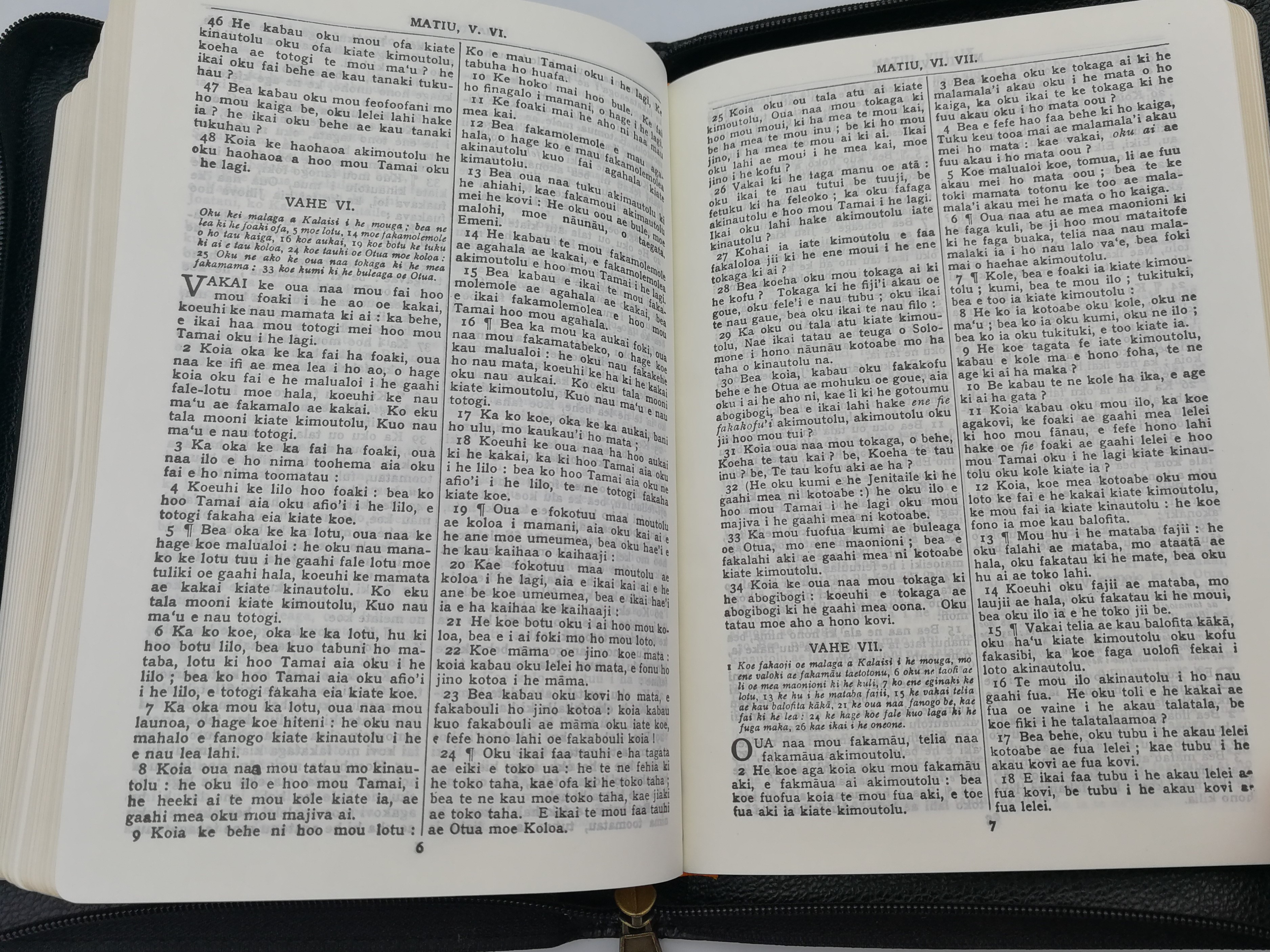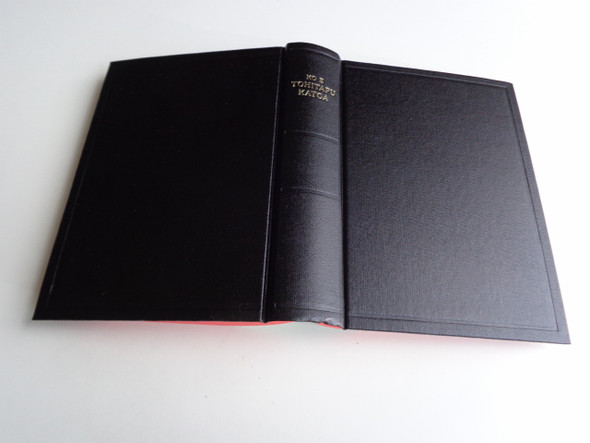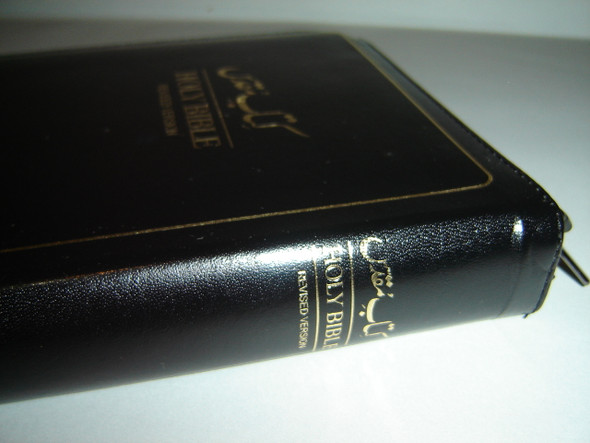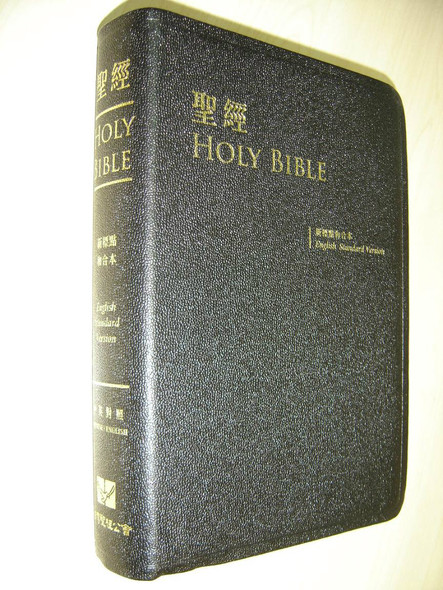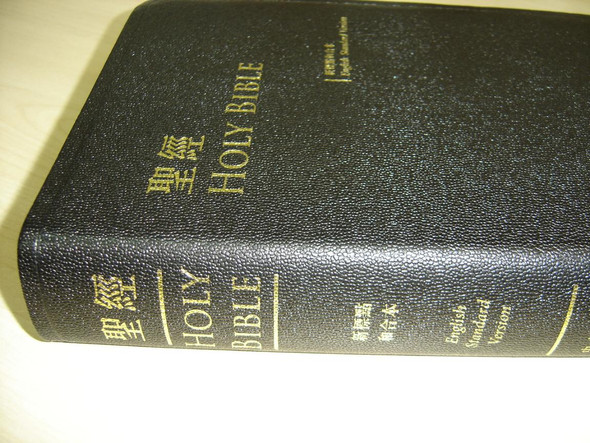Description
Tongan Holy Bible - Koe Tohi tabu Katoa / Black leatherbound with zipper & golden edges / Reprint of 1884 edition / Tohi Tabu motua, bea moe tohi oe fuakava foou / Bible Society New Zealand 2016 / 55WZ
Leather Bound with zipper 2017
ISBN 9789822176346 / 978-9822176346
ISBN-10: 9822176341
PAGES: 1236
PUBLISHER: New Zealand Bible Society
LANGAUGE: Tongan / lea fakatonga
Book dimensions: 14.4 x 21.4 x 3.0 cm
Printed in 2.160 Copies
English Summary:
Tongan 1884 Version Bible Features:
* Double Column Text
* Ribbon Marker
* Gilt Edges
* Zip to Protect the Bible
Tongan (/ˈtɒŋən/ or /ˈtɒŋɡən/; lea fakatonga) is an Austronesian language of the Polynesian branch spoken in Tonga. It has around 187,000 speakers and is a national language of Tonga. It is a VSO (verb–subject–object) language.
Tongan is one of the multiple languages in the Polynesian branch of the Austronesian languages, along with Hawaiian, Maori, Samoan and Tahitian, for example. Together with Niuean, it forms the Tongic subgroup of Polynesian.
Tongan is unusual among Polynesian languages in that it has a so-called definitive accent. As with all Polynesian languages, Tongan has adapted the phonological system of proto-Polynesian.
- Tongan has retained the original proto-Polynesian *h, but has merged it with the original *s as /h/. (The /s/ found in modern Tongan derives from *t before high front vowels). Most Polynesian languages have lost the original proto-Polynesian glottal stop /q/; however, it has been retained in Tongan and a few other languages including Rapa Nui.
- In proto-Polynesian, *r and *l were distinct phonemes, but in most Polynesian languages they have merged, represented orthographically as r in most East Polynesian languages, and as l in most West Polynesian languages. However, the distinction can be reconstructed because Tongan kept the *l but lost the *r.
Tongan has heavily influenced the Wallisian language after Tongans colonized the island of 'Uvea in the 15th and 16th centuries.
